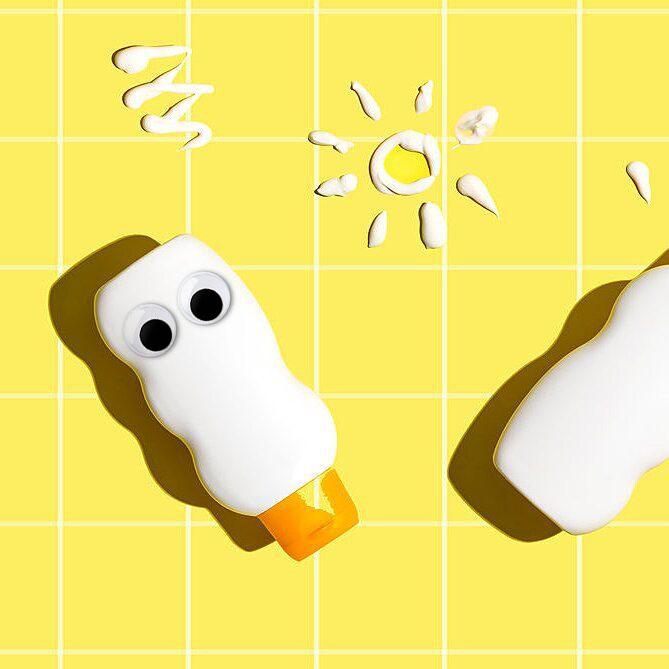>
Makeup & skincare
image-credit
hello
It has been a wet couple of days, hasn’t it? The romantics have got their love on and are all couped up with their cuddle buddies. While for others it’s pillows and teddy bears (for my single people, the lack of a partner doesn’t mean you are without a romantic bone in your body. So, cuddle with what you have till the right one comes along, it has never been a crime to be single).
I can bet people in some parts of Lagos state Nigeria like Ketu, Ikorodu, some parts of Lekki and Ajah, etc., are not happy about the incessant rainfall. Flooding in those areas is as common as a cold in Harmattan. Come to think of it, when will the government take the necessary steps needed to curb this flooding? I am no expert but from my little knowledge, adequate draining systems ought to solve the problem. Flooding aside I don’t like the rainy season. I know we need rain for a good number of things like crop production and the improvement of freshwater quality. But have you seen how messy Nigerian bad roads can get? Or is it those pesky insects like grasshoppers, termites, millipedes, and spiders all around, not to mention the mosquitoes that thrive in this weather?
I am beginning to sound like a meteorologist (weather scientist and analyst), so let me leave all this small talk and get to the reason I am here. We all know or at least have heard of sunscreen, right? For those who haven’t sunscreen, also called sunblock or sun cream; as the name suggests, is a product used on the skin that helps protect against sunburn and, most importantly, skin cancer caused by exposure to UV rays. Simply put, it combines various components, including physical ones like zinc oxide and titanium dioxide as well as chemical or organic ones. The physical components sit on the skin and reflect UV rays away from the skin, while chemical components form a thin layer of protection on the skin and absorb UV rays before they penetrate the skin.
It is by all means a good product that has immeasurable benefits. Did I mention research has shown that sun creams can prevent the signs of premature aging, including wrinkles? This begs the question of why Nigerians who love to remain youthful and age backward from 30 years do not use sunscreen. For better understanding, I had a brief talk with Mr sunscreen who had a lot to say regarding why the statistics of Nigerians who use him are staggeringly low.
Q. How are you doing today, Mr. Sunscreen?
M.S. (scowling) I have seen better times.
Q. Is the fuel subsidy removal affecting you too?
M.S. Of course it is, it has affected my reputation.
Q. (in amazement) ehen, tell me more.
M.S. Nigerians are too stubborn for my liking. I have easily garnered attention and increased usage in other parts of the world but have continuously failed to amass regular users here, he laments.
Q. what will you say is the problem?
M.S. It is hard to get an average Nigerian to believe in the actual dangers of exposure to UV rays. They give excuses like I can’t get sunburned because I am dark, our parents never used sunscreen, sunscreen is too expensive, some even give flimsy excuses like it's for people with acne, and as you can see, I don’t have such issues. Those that actually understand its use cannot be bothered to use it.
I must say I agree completely with Mr. Sunscreen. We fail to realize the importance of using sunscreen. This may be due to inadequate information and sensitization about its actual purpose. Well, I am here to give you a little breakdown of the actual work sunscreen does and how important it is to use it during the day or exposure to daylight.
Firstly, there are 3 types of UV rays emitted by the sun.
Ultraviolet rays A(UVA); reaches the surface of the earth since the atmosphere does little to protect us from it, and they can weaken immunity, cause skin aging, and harm to the eyes.
Ultraviolet rays B(UVB); albeit the atmosphere does act as a barrier, reach the earth's surface at varying levels depending on the latitude, altitude, and season. It is the main contributor to sunburn, skin cancer, and aging of the skin.
Ultraviolet rays C(UVC); are totally absorbed by the atmosphere and have little impact, thus they do not reach the Earth’s crust.
Sunscreen protects against the harmful effects of UV rays mentioned above.
Understanding this now begs the question, should sunscreen be used on a rainy day or an overcast day (a cloudy day) the answer is yes, according to World Health Organization even on overcast days, up to 80% of UV rays can still penetrate light cloud cover and reach your skin. Despite the fact that the amount of UV rays that reach the earth's surface on these days may be less than on bright, sunny days, some still do and are just as hazardous to the skin.
So, endeavor to apply sunscreen even on these days when the sun might not rise and shine, that should not be compromised along with your raincoat or umbrella, and footwear with strong traction so it never rains on your parade.